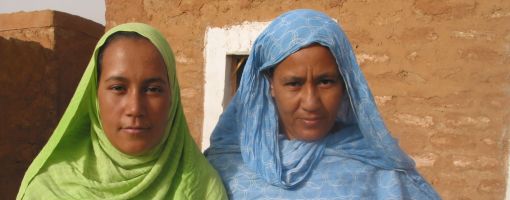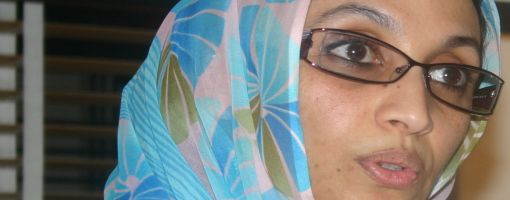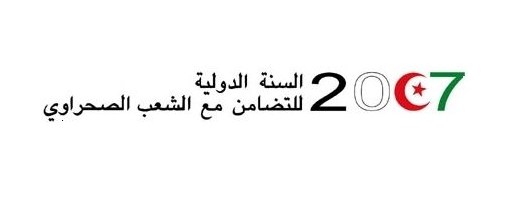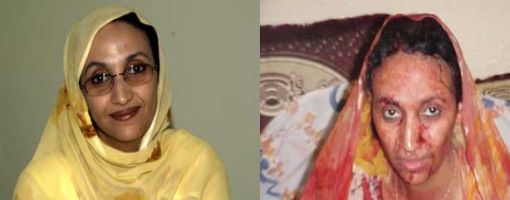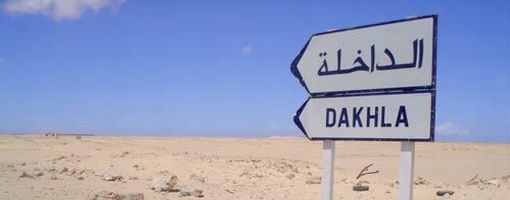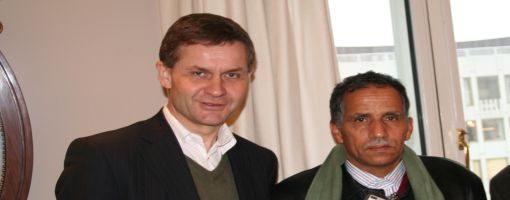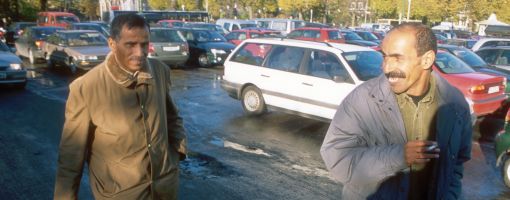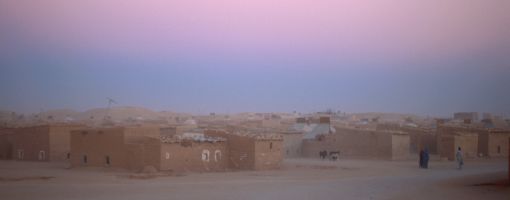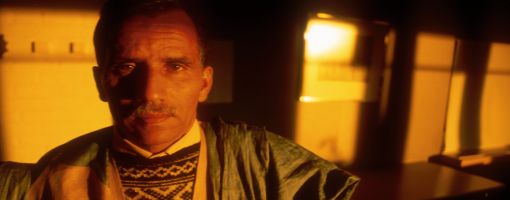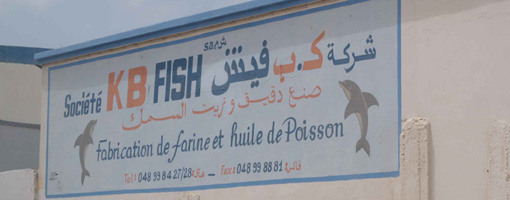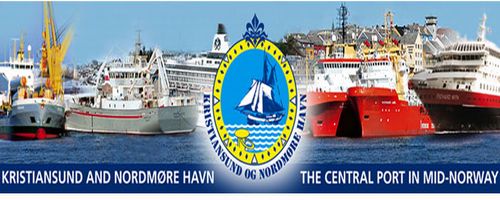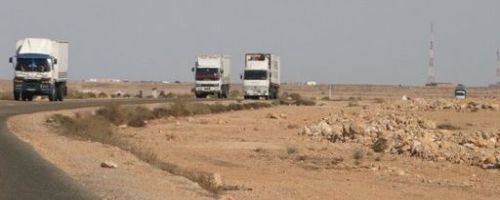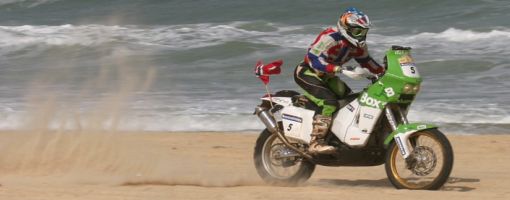My name is Lamira and I was born in 1988 as a refugee. I spent my childhood in a camp called Dakhla in southern Algeria, which is one of five camps for refugees from Western Sahara. I lived there with my mother, and I have no brothers or sisters.
The Sahrawi human rights activist Aminatou Haidar celebrated Women's Day 2007 in Bergen. Written by chairman of the Rafto Foundation, Arne Lynngård.
Join the letter that is being sent to the UN Secretary General. Campaign launched by WS Task Force and Belgian Committee Of Support to the Saharawi People. [THIS SIGNATURE CAMPAIGN IS NOW TERMINATED].
The Sahrawi female Mariam Rgaibi, who is sentenced to 6 years in the prison, Elaalaoui-Hafidi Fatima Zahra, is on hunger strike for the third week and her health is deteriorating alarmingly.
Wednesday 7 March at 11.30, the Norwegian Section of Amnesty International, the Norwegian Support Committee for Western Sahara and the Human Rights House Foundation co-host an open meeting at the Human Rights House in Oslo, with the well-known Saharawi human rights defender Aminatou Haidar.
The Norwegian Liberal Party adopted at a meeting of the National Board on 24th-25th of February a resolution that urges Norway, as the first European state, to recognise Western Sahara as an independent state.
"Two of my friends were arrested because of me. Not that I had known them for a long time. But it was because we were together they were arrested." By Thomas Frantsvold, Rafto Foundation.
Last week, Rafto Award Winner Sidi Mohammed Daddach met with Norwegian Minister for International Development, Erik Solheim. Daddach thanked him for the Norwegian solidarity with his people, and begged for further assistance to protect civilian Sahrawis against the Moroccan oppression in the occupied Western Sahara.
In the Algerian hammada, a hot and harsh region of the Sahara, more than half the Sahrawi people have been waiting for 31 years to go home. See article by Norwegian Refugee Council in latest issue of Forced Migration Review.
Norway has not stopped the import of fish oil from the Moroccanoccupied Western Sahara. The Norwegian exporter in Western Sahara is uncertain about who receives the oil, whereas the importer in Norway is uncertain about where the fish oil actually originates from. The two managers are partners in a third Norwegian fish-oil company.
A small brokerage firm outside Oslo has played a key role in linking the Moroccan fishing industry in occupied Western Sahara with buyers on the world market. The company does not wish to comment on the relationship.
From: “Unknown harbour in Morocco”. That is how Western Sahara fish oil that reaches Norway is registered. Western Sahara is occupied by Morocco, and Norwegian authorities advise against the trade.
The construction of a Norwegian fishery plant planned for El Aaiun in Morocco-occupied Western Sahara was in 2005 stopped at the last minute. After intervention by the Norwegian Ministry of Foreign Affairs it was instead decided to place the plant in Morocco. But neither the exporter nor the importer can tell us anything about where the plant's raw materials derive from.
